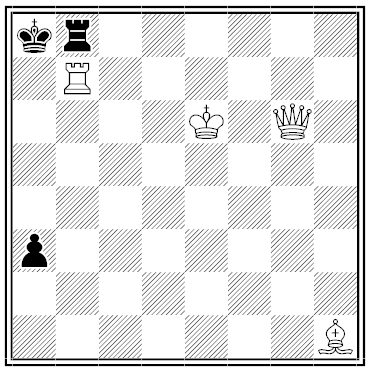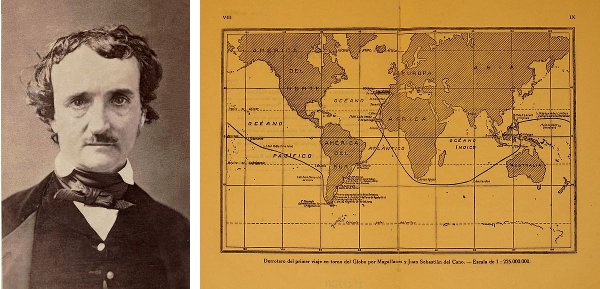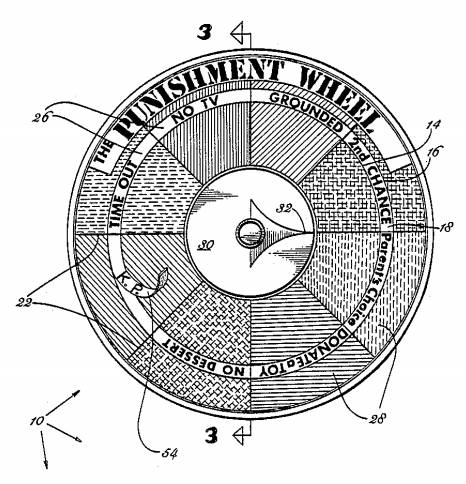Jocasta Jones is walking in a wood when she discovers a deep freeze containing a man. She thaws him out, and he introduces himself as Dum and shows her a book that explains how to build a time machine and a deep freeze.
Jocasta and Dum marry and produce a baby, whom they name Dee. Dee grows up, discovers the book, builds a time machine and gets inside, taking his father and the book with him. The journey into the past takes a long time, and Dee is forced to kill and eat his father to stay alive.
Wracked with guilt, he emerges at his destination and destroys the machine. He changes his name to Dum, but still fearful of being punished, he builds a deep freeze and gets inside, taking the book with him. He is awakened by Jocasta.
Now, asks University of Nottingham philosopher Jonathan Harrison, “Did Jocasta commit a logically possible crime?” From her perspective, Dum enters her life, they have a child, and husband and child both disappear. But from Dee’s perspective, she has married her son and borne a child. Is this incest?
(Harrison, J. (1979) “Jocasta’s crime”, Analysis 39, 65.)









